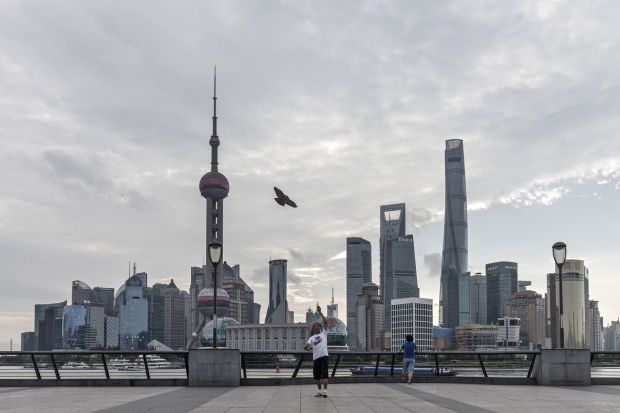Asia Pacific clocks record-breaking year-to-date real estate transaction volume of US$128 billion
Commercial real estate transaction volumes for the Asia Pacific region have hit a new high of US$128 billion year-to-date, according to JLL.
Transaction volumes for the period of July to September climbed 18 per cent year-on-year to US$42 billion, representing the best Q3 performance on record. It also represents a 10 per cent increase in volume versus 2018’s figures.
This was in part driven by robust recovery in Singapore where year-to-date activity stands at an all-time high. The office market in Singapore specifically has seen a surge in investment, with volumes expanding by over 175 per cent, thanks to strong rental growth and net absorption.
“Investors in Asia Pacific are seeing past current headwinds such as slowing growth and trade tensions,” said Stuart Crow, CEO, Asia Pacific Capital Markets, JLL. “Liquidity has strengthened in markets such as Seoul, Tokyo and Singapore, where occupier fundamentals remain solid. We are expecting Asian investors to further diversify their real estate holdings within the region and globally in the months ahead as they seek higher yields.”
China too saw high transaction volumes.
Investment into Shanghai reached US$14.4 billion year-to-date with US$3.5 billion received in the third quarter. The Chinese city was the largest recipient of cross-border investments among Asia Pacific cities in the first three quarters of the year, followed by Singapore and Sydney. Globally, it ranked third after Paris and London.
Global cross-border activity ticked back up in Q3 due primarily to an acceleration in large-scale transaction activity. The third quarter saw US$20.9 billion in cross-border transactions valued at US$500 million or more. This compares with a quarterly average of just US$12.1 billion between Q1 2018 and Q2 2019.
Meanwhile, Asia Pacific markets were among the biggest capital sources for cross-border investments in the first nine months of the year. Singapore, South Korea and Hong Kong made it to the top-ten list of capital exporters.
“Asian investors are spreading their capital more broadly and are looking at markets such as continental Europe where debt costs are low, assets are available and markets such as Germany and France are seen to be beneficiaries post-Brexit,” said Mr Crow.
But, Asia Pacific’s real estate market is likely to “hold steady” as investors continue to allocate vast amounts of capital to commercial real estate in their search for yield without exposure to excessive risk, he said.
JLL said it expects Asia Pacific’s 2019 commercial real estate investments to grow 13 per cent year-on-year, indicating further acceleration in Q4.


 Thailand
Thailand




